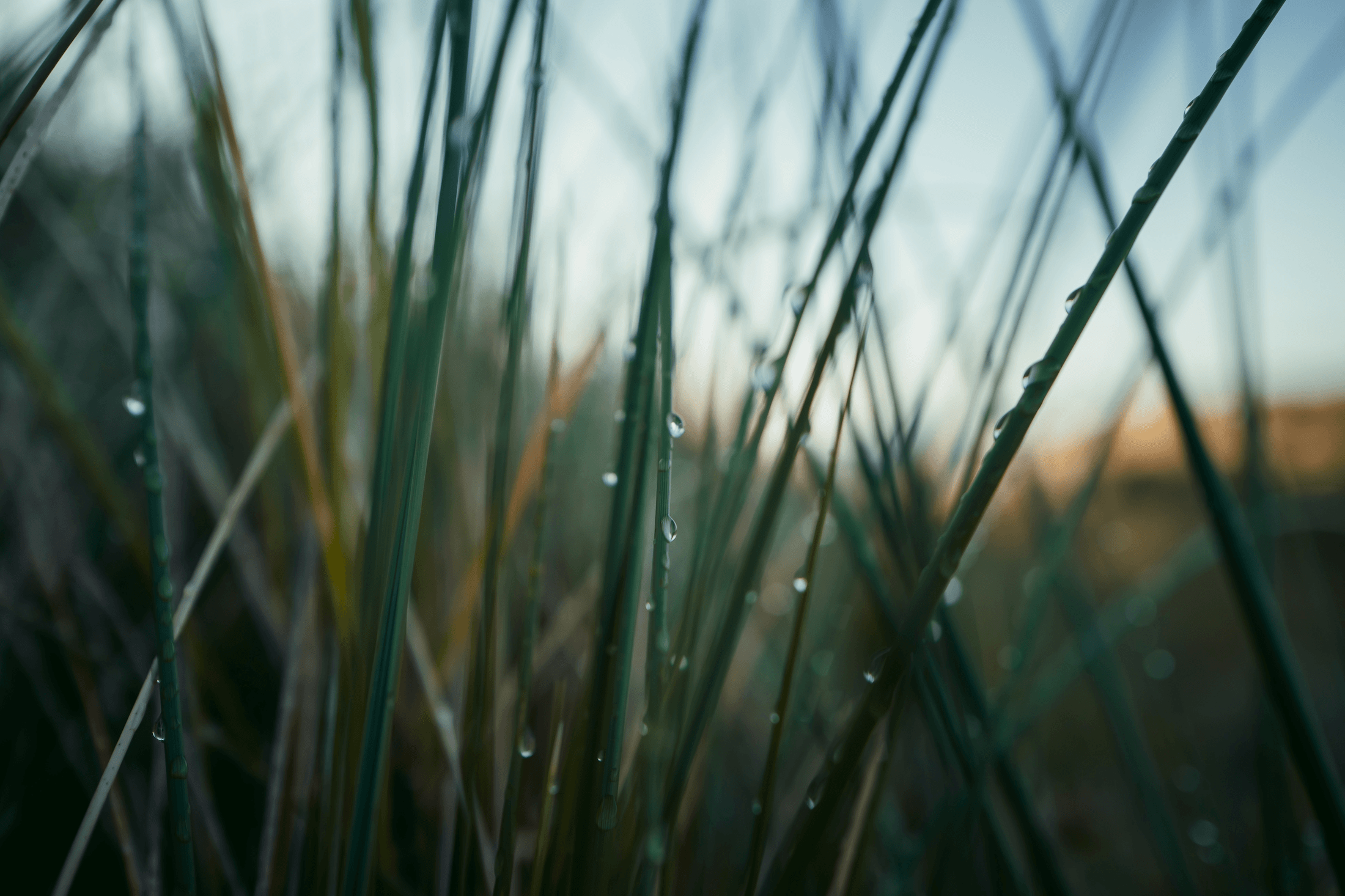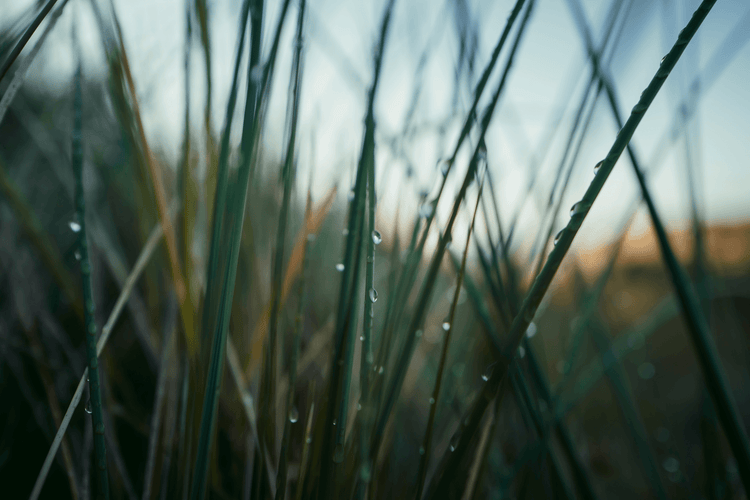Tiger Grass: From east to west


Centella Asiatica, most commonly known as Tiger Grass or Indian Pennywort, is one of the most important medicinal plants in Ayurvedic and Chinese medicine, best known for its wound-healing abilities due to its antibacterial and collagen-stimulating properties. It thrives around water, particularly rice paddies and high altitudes, and can be found in most tropical and subtropical countries including parts of India, Pakistan, Sri Lanka, Madagascar, South Africa, South Pacific and Eastern Europe.
Legend has it that it acquired its nickname “Tiger Grass” due to tigers rolling around in the plant after fighting in an effort to soothe their battle wounds. It has many other names too: mandukparni, Indian pennywort and jalbrahmi. In India, it’s usage dates back thousands of years, listed in the ancient medical text Sushruta Samhita which is estimated to have been written in the 6th century B.C. China has their own name for it—gotu kola, which can be found in a similarly historic text Shen Nong Ben Cao, which dates back over 2000 years.
Heralded as a “panacea” (a remedy for all diseases), “miracle elixir of life”, “herb of longevity”, “a pharmacy in one herb” and many more glowing titles, Tiger Grass may look unassuming as a member of the parsley family, but there’s reason behind these names. In addition to wound healing, it’s utilised to treat numerous skin conditions including leprosy, eczema and psoriasis as well as diarrhoea, UTIs, Alzheimer’s disease and mental health issues like anxiety and depression.
In traditional Hinduism, gotu kola is called brahmi, from “Brahman” which translates from the world’s oldest language Sanskrit as “the unchanging reality amidst and beyond the world”. It’s believed that the herb has an ability to enhance spiritual awareness of Lord Brahma, the divine god responsible for creative force and universal consciousness. It’s also believed that “its potent calming and sedating actions probably contribute more to ‘higher’ states of meditation than any spiritual properties the herb may possess.” In India, the herb is recorded to have been used with newborn children in efforts to encourage open-mindedness and intelligence.
From traditionally being drunk as a tea, it’s anti-inflammatory benefits have since been explored in topical Korean skincare to calm redness and irritated skin due to its composition of amino acids, beta-carotene and vitamins A, C, B1 and B2, which are all essential for promoting healthy skin via stimulating collagen production. It’s also proven to boost circulation by increasing blood flow to the skin while decreasing transepidermal water loss (TEWL), keeping skin hydrated and plump.
We’ve taken cues from K-beauty by formulating our new all-in-one serum THE PILL with Tiger Grass extract to improve skin firmness and elasticity while reducing fine lines via its potent antioxidant properties and amino acids.
Shop THE PILL topical skincare supplement now.